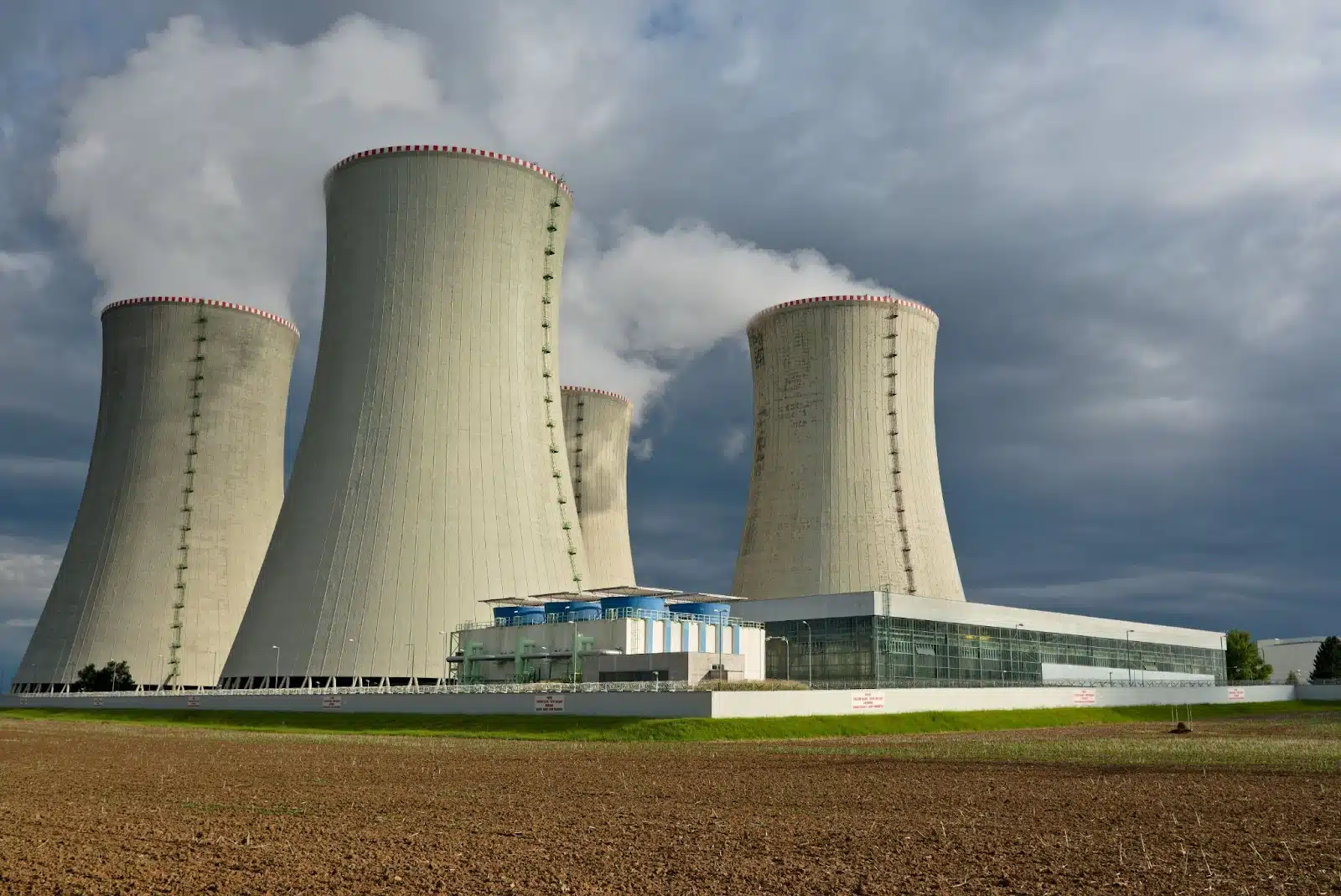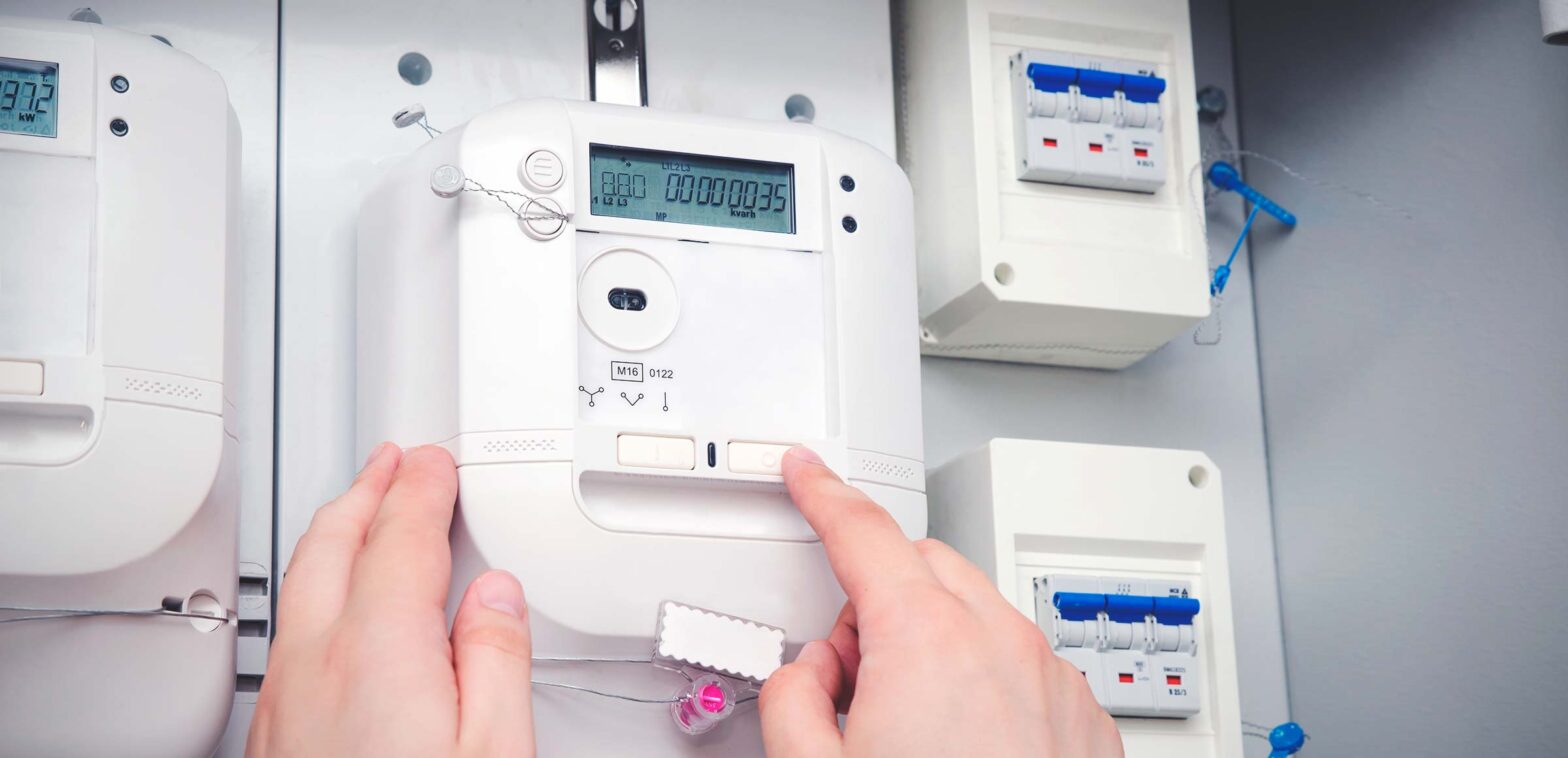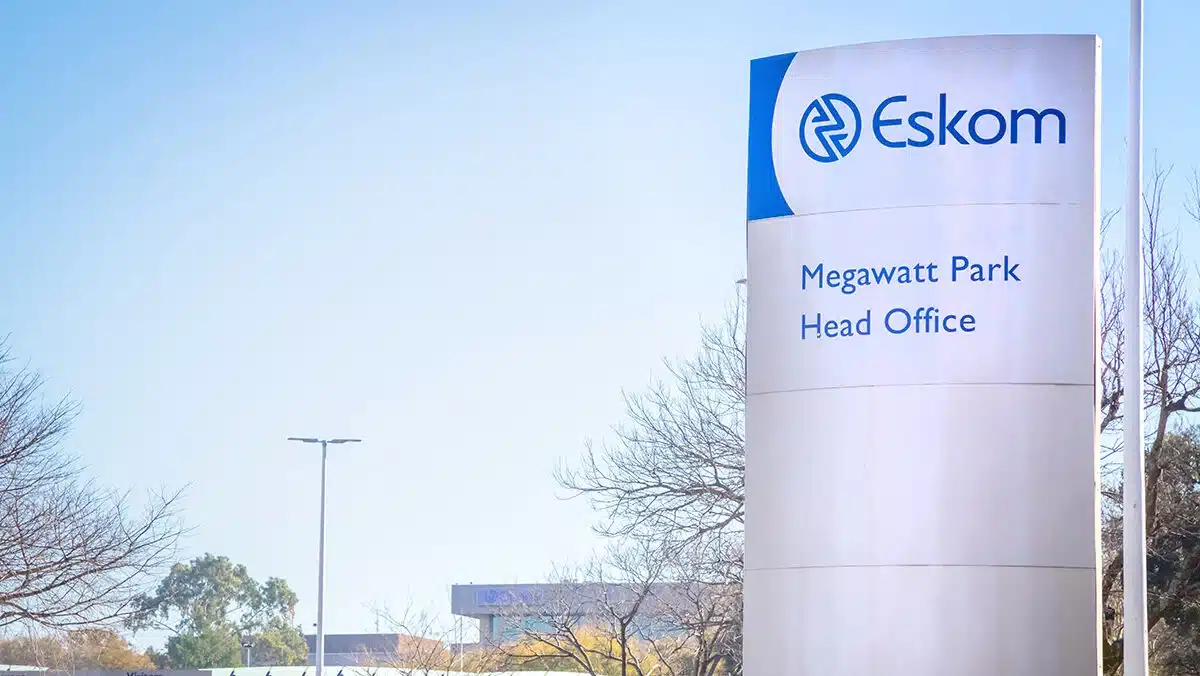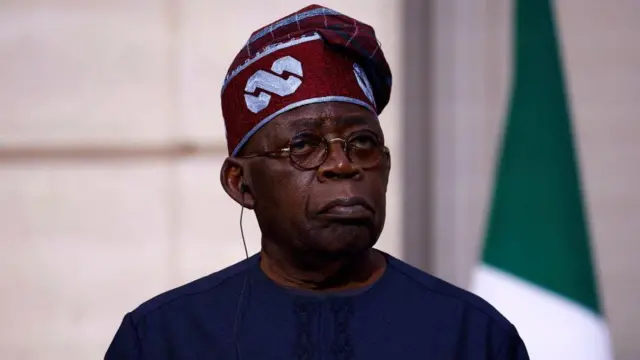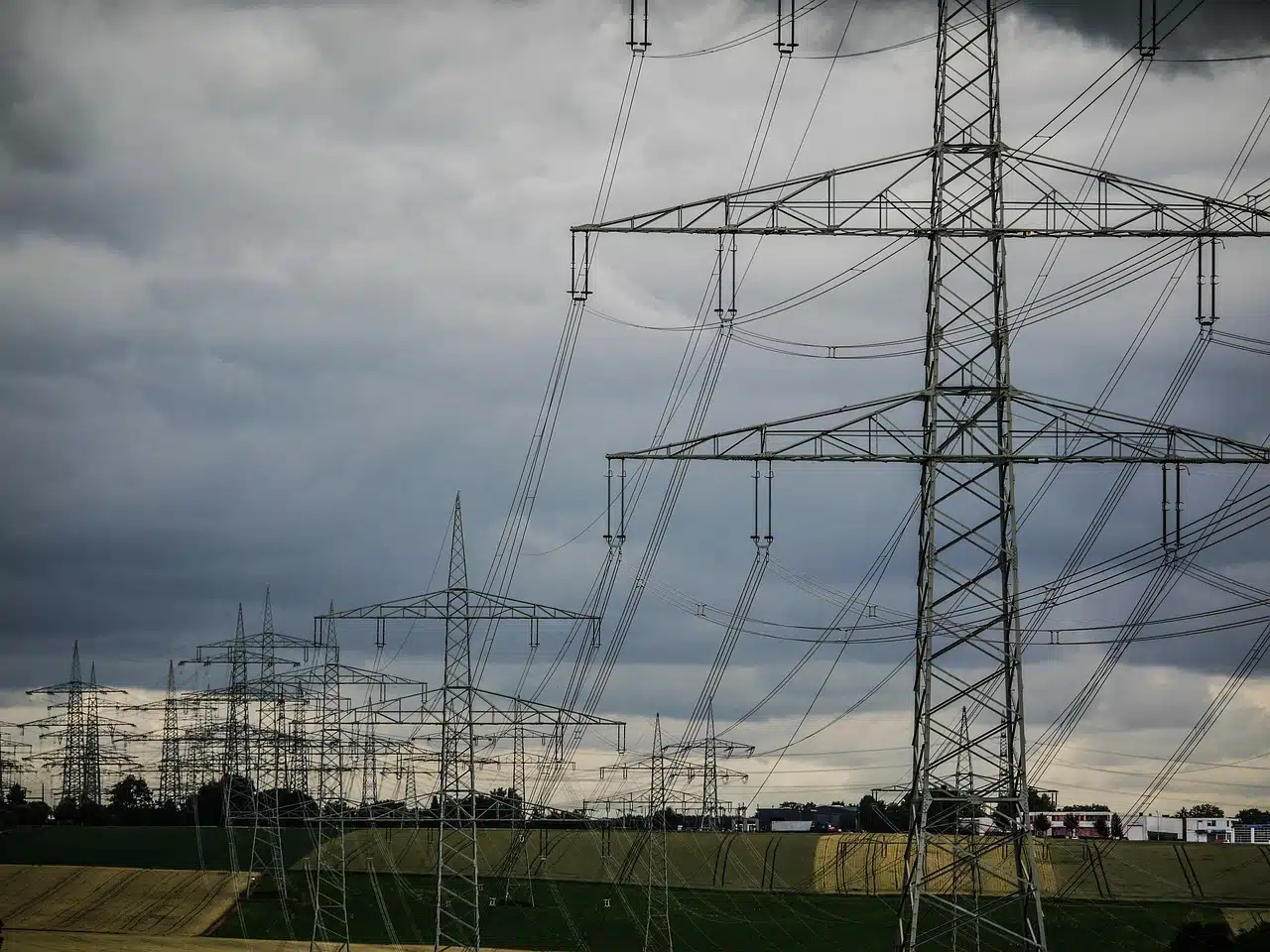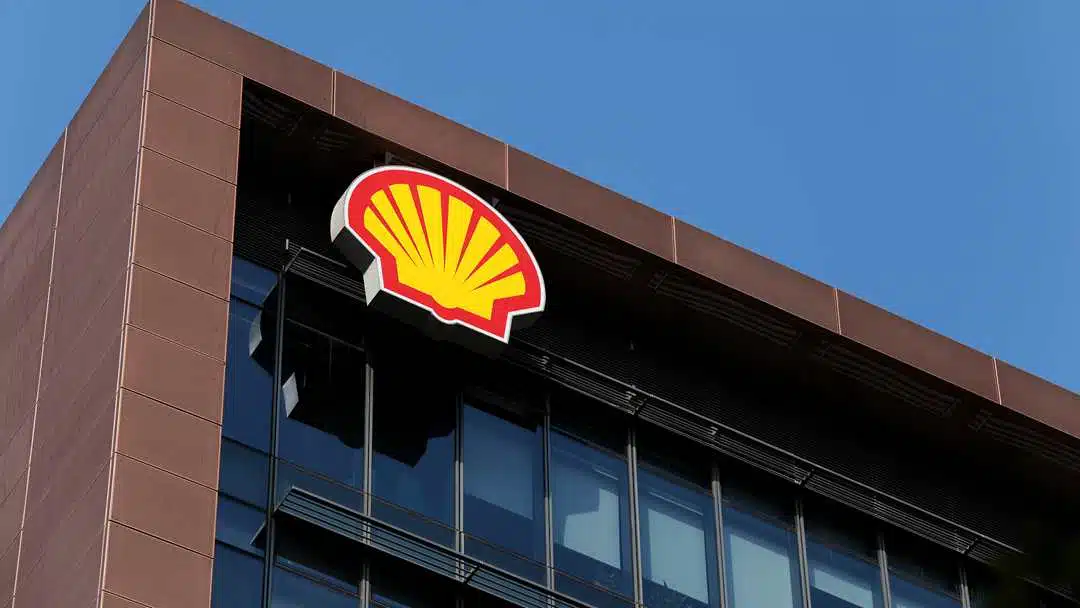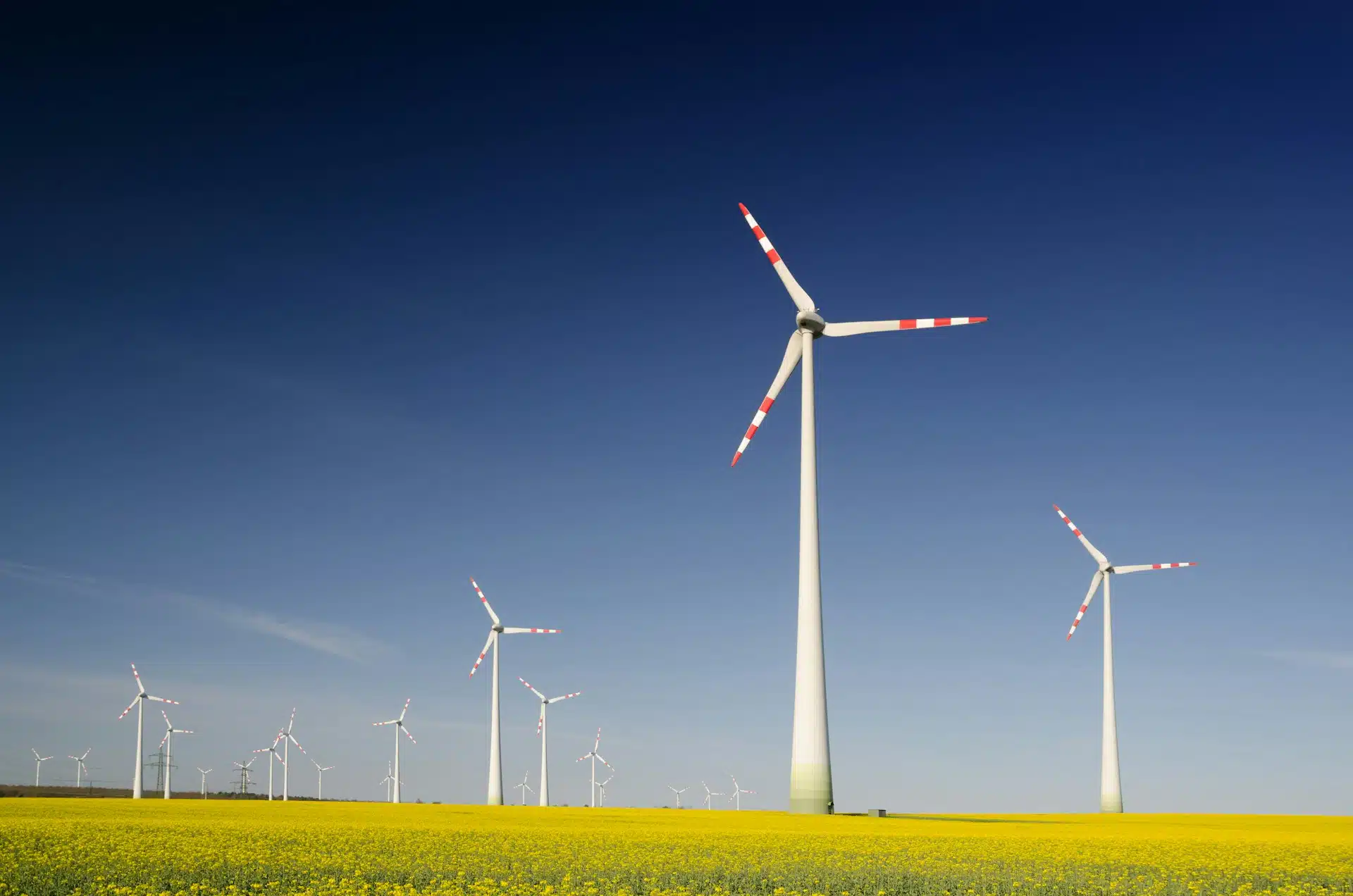Électricité de France (EDF) actively seeks to develop a significant nuclear power plant in Ghana, aligning with the country’s goal to operationalize its first nuclear facility by the early 2030s.
Robert Sogbadji, Deputy Director of Nuclear and Alternative Energy at Ghana’s Ministry of Energy, confirmed that preparatory work for the first nuclear power plant is underway, with EDF emerging as a key partner in this transformative project, according to the Energy Capital and Power report.
“Without nuclear, we cannot transition to net zero,” said Robert Sogbadji
Ghana aims to deploy both gigawatt-scale nuclear plants and small modular reactors (SMRs) to enhance energy security.
Ghana is exploring various nuclear solutions, including GW-scale facilities and floating nuclear projects, citing the success of Ghana’s Karpowership project as a model for rapid deployment.
They intend to begin operations at the first nuclear facility in the early 2030s, the report included.
Technical and strategic considerations
EDF’s involvement brings technical rigor, expertise, and experience to Ghana’s nuclear program, according to a Reuters report.
The company’s experience with European Pressurized Reactors (EPRs), as seen in France’s Flamanville 3 project, ensures advanced safety and efficiency standards, according to a World Nuclear News report.
However, EDF faces challenges, including high construction costs and delays, as evidenced by the Hinkley Point C project in the UK, which has seen costs escalate to over $40 billion due to inflation and regulatory hurdles, according to a Reuters report.
Ghana’s government is pursuing a power purchase agreement to mitigate financial risks, ensuring affordability for consumers while maintaining project viability, according to an ESI Africa report.
To address the upfront cost, Ghana is considering the build-own-operate (BOOT) model, similar to that used in Turkey’s Akkuyu nuclear plant.
“For nuclear to succeed in Africa, financing must be reimagined. We need partnerships to recognize the realities of our economies,” said Robert Sogbadji.
Regional energy implications
Ghana’s nuclear initiative supports a broader African push for clean energy.
The International Atomic Energy Agency (IAEA) notes that nuclear power could enhance energy security and reduce reliance on fossil fuels across the continent.
In an ESI Africa report, the IAEA praised Ghana’s phased and systematic approach and was impressed with how the country is now progressing through the second of three milestone stages required for newcomer countries pursuing nuclear energy.
Globally, nuclear energy is gaining traction, with the US targeting a quadrupling of capacity by 2050 under executive orders signed by President Donald Trump.
“Floating nuclear is not just about power. It’s about development, energy security, and resilience. This is the African solution rooted in our context, but built with global best practice”, said Sogbadji

